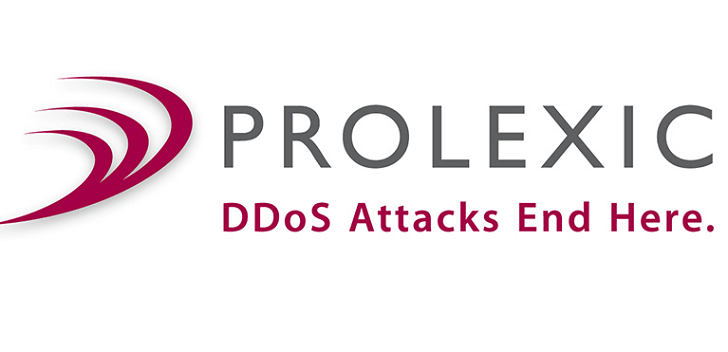Security experts warn that type attacks denial-of-Service (DDOS) is increasingly being used to affect stock prices and disrupt exchange platforms.
DDOS attacks are used for a variety of reasons. The hackers claim that they use them to raise awareness, the companies to distort competition, and it is a handy "tool" for cyber blackmailers.
However, the service provider protections from DDOS, Prolexic αποκάλυψε ότι αυτό το είδος attackς είναι επίσης μια σημαντική απειλή για τη βιομηχανία χρηματοπιστωτικών υπηρεσιών και τις πλατφόρμες συναλλαγών.
"We have revealed a very worrying trend: Many of these malicious attacks appear to be intent on lowering stock prices or lowering exchange rates, or even temporarily preventing trading," he said. Stuart SCHÖLLY, its president Prolexic.
Experts say they have discovered a direct relationship between DDOS attacks and temporary changes in company valuation. This is because the image of an organization is closely linked to its presence on the internet.
Διαδίδουν φήμες στο διαδίκτυο για μια εταιρεία ή για την διακοπή της ιστοσελίδα της, ιδιαίτερα όταν πρόκειται για μια πλατφόρμα ανταλλαγών ή μια εισηγμένη business in the stock market, which can have serious consequences.
Prolexic has revealed that there are a small number of terrorist groups in cyberspace that are behind most of these attacks targeting listed companies on the stock market, trading platforms and financial services.
Additional details on this kind of DDoS attacks are available in the Prolexic survey (registration required).






